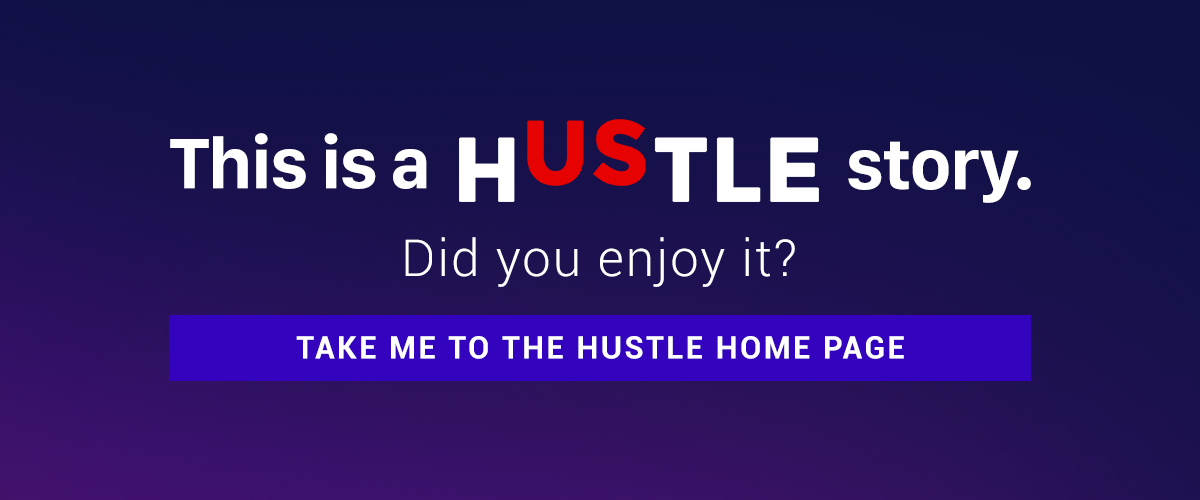SUMMARY
This is AI generated summarization, which may have errors. For context, always refer to the full article.

I wouldn’t be a scientist if it hadn’t been for Pokémon.
I was born the same year the first games were released. Coming from the bursting of Japan’s asset price bubble, Satoshi Tajiri and Ken Sugimori created the franchise to provide healing to a reeling economy – an attempt at combatting the growing cultural pessimism and social isolation during the time. It was an avenue for children and teens to form communities through a video game inspired by Tajiri’s childhood filled with bug-catching.
I hadn’t been immediately exposed to the games upon their release. They were rarities in the community because there was only one video game store in our city (maybe in our entire province) and because we didn’t have money for such luxuries. More than that, my parents were worried that, due to my young age, a game would just distract me from studying.
Starters
I had been fighting the others in the house for the remote control – arguing for myself a small window between 7:30 and 8:00 wherein I could see Ash, May, and Brock on our small, dilapidated TV. In grade school, I’d watch my classmates play Pokémon on their Gameboy Advance out in the open during PE when there was downtime or hidden in their bags during Araling Panlipunan.
It was my grandmother, Lola Malou, who first trusted me with a video game. With the way she loved her grandchildren, it felt like it was perpetually Christmas. She bought me a Gameboy SP, a heavy charger, and a copy of Pokémon Fire Red. There were conditions to be met for me to continue playing: I had to keep my grades up, behave well in and out of school, and sleep at godly hours. I didn’t know it back then, but these rules would later be ingrained within me as I built a routine around playing the game.
But more than that, it helped me participate in social circles easier. I’d get excused from classes to capture legendary Pokémon using ordinary Pokeballs (I did it), and I’d get to bond with other guys over link trading starters and trade-exclusive evolutions. Through the game, I formed what few male friendships I had early on in life – a rarity if you’re gay and closeted in the province.
The game slowly revealed itself as our own gateway elsewhere, a small pocket-sized device that let us teleport ourselves into a different dimension. The Pokémon world was a place where we could be anyone we wanted to be: we could rename ourselves, change our gender, form new friends, etc. More than anything else, it was a place where we could all win – a non-zero-sum game.
It informed my life in and out of school. Words like “facade” and etymologies of Pokémon names came up during English classes. Understanding concepts in biology, ecology, and chemistry were much easier, thanks to hours spent trying to understand the game’s plot. It was through fiction that reality (and the science meant to observe it) became more interesting.
There was something about being a Pokémon trainer, moreso a Pokémon researcher, that was exciting. Along with Jurassic Park, these two franchises sparked my interest in science fiction and were starting points that would later open all these doors into the unknown. As the passion for Pokémon grew, so did the desire to be involved in the sciences. Soon enough, I pursued the only approximation in reality close enough to being a Pokémon researcher: a molecular biologist.
Savepoint
I hit a depressive rut in 2018. It was my second year in graduate school. and I had experienced a string of personal and professional failures: friendship breakups, cell culture contaminations, and difficulties keeping up with the level of coursework.
My mental health severely declined, and I isolated myself from my family and the few friends I had left as an attempt to insulate others from experiencing the whiplash from the storm brewing inside me.
Graduating from a class of over a hundred doctors-in-training, I was one of the few people who chose to go to research from my undergraduate program. It was something I decided upon before I entered college. Unlike my peers, I hadn’t been swayed by the talk discouraging people from entering research: the little upward mobility, delays in funding and procurement, and minimal professional opportunities. I had dreams of having a Ph.D. before 30 fueled by a fire within me from my childhood that I carried with me like the century-old Olympic flame.
But the defiance that fueled Ash at 10 became more apparently fictional as the years went on. At 21, I realized that the academe had none of the childhood ease that got me into the discipline. Academic environments were competitive, cruel, and closed off, and the “publish or perish” culture was far from the collaborative environment that I had expected.
Weekends were almost non-existent because experiments had to be done when they were ready, and the rewards were few and far between. Any attempts at leaving the local milieu were met with resistance: expensive and botched visa applications, fewer well-funded programs for international students, and the ever-present racial discrimination. Simply put: the scientific landscape had been nothing like the Pokémon world.
The worst part was that I should’ve known.
After another botched experiment, I was sitting in the hallway when Roanne, one of the research assistants at our institute who was a batch younger than me, approached me. “Okay ka lang?” she asked. I feigned a smile, and she offered to hug me. “Do you wanna join us?” she asked. “We’re going on a raid.”
She later explained that there had been a group in our institute and in the rest of UP Campus who played Pokémon Go. Online communities formed following the game’s release because people needed other people to catch legendaries and mythicals. So I downloaded the app, loaded up my sim after months of inactivity, and went on raids with my Master’s classmates. We’d walk to the PAGASA observatory or catch a jeep to go to the UP Carillion in the hopes of a Mewtwo or a shiny Kyogre.
It was an attempt at rediscovering all of the things that thrilled me about the games and, in turn, about science. All the lessons were already within the Pokémon games themselves, and it was just a matter of transferring these into real-life situations: Keep battling with your best. Create well-rounded teams. Adapt to type disadvantages. Some steps are optional but worth it. But the most important? Save your game and recharge your battery.
These small moments of community helped me move past my social struggles and gave me the strength to return to the laboratory in the process of reclaiming spaces I had lost.
The frequency of the raids helped me maintain some routine that allowed me to regularly work in the laboratory. Looking back, the similarities between science and Pokémon revealed themselves to me, again. Both are composed of small battles that lead up to bigger ones, each step of the journey a process of amassing experience. Each gym badge was like a cleared experiment that only illuminated so far as the next step.
When I was younger, we raced to finish the game. I could beat Pokémon Emerald in less than 4 hours, if I wanted. But now, I’ve learned to be excited about the small journeys in between. Some sections of life are more difficult than others, but you just needed to work smart enough to make it to the end.
A few weeks ago, I received a message from a friend and immediately paused whatever film I was watching to reply. We talked about what version he was playing (Sword), which starters he was getting (Sobble), and what he was planning to get for his team (“I want a Seedot”).
When our flurry of texts ended, I was surprised by how much I still knew about the games. I looked back at the text and think to myself that it summarizes Tajiri and Sugimori’s legacy:
“Dude, I’m playing Pokémon. I love life.”
– Rappler.com

Add a comment
How does this make you feel?
There are no comments yet. Add your comment to start the conversation.